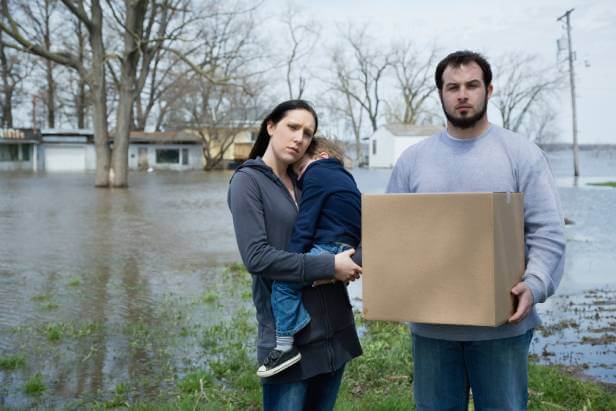What is the eviction moratorium?
During the pandemic, an eviction moratorium was put in place for certain renters who couldn’t meet their rent payments due to the pandemic and would be left homeless if evicted. The moratorium essentially halted all evictions from occurring to protect these individuals, but now it’s scheduled to expire on July 31 if not extended.
According to recent U.S. Census survey data, over 5.7 million Americans are behind on their rent, so the expiration of the moratorium may completely shake the ground beneath renters and landlords.
What’s about to change and what does the eviction process look like?
Currently, landlords cannot legally evict certain renters that are protected by the moratorium (Someone who makes a certain salary and who faces homelessness if evicted).
When the moratorium expires, landlords have the right to evict anyone who owes rent. While they can’t do so right away, they can definitely begin a countdown by creating a demand for payment. When that happens, renters will have 30 days to come up with the cash, or the landlord can take the case to court. Once it goes to court, renters don’t have the option to stop an eviction from happening.
What should renters do?
The only way to stop an eviction from taking place is to repay the owed debt. However, here are a few things to keep in mind that may help renters during the process:
- Many renters and landlords are working together to come up with an agreement on how to repay the rent without taking the case to court. Have a conversation with your landlord to discuss a plan that may work for both of you.
- Certain renters who qualify can apply for financial aid from the federal government. Check your state website for details.
- Contact your state-sponsored housing assistance program for further guidance.
- Your LegalShield provider attorney is familiar with your state’s real estate laws and can help guide you through your legal rights.
What should landlords do?
Your state may offer tools to help. The state of Colorado, for example, has provided a repayment agreement template for landlords to use. This is meant to be a legal document that states in writing that landlords won’t evict the renter as long as they stick to the repayment plan, agreed upon between the landlord and renter.
Ask your LegalShield provider lawyer for assistance
A LegalShield provider lawyer can assist you by consulting you on your state’s real estate laws and guiding you through your options in the eviction process. Get affordable legal advice with a Personal and Family prepaid legal plan.
Pre-Paid Legal Services, Inc. d/b/a LegalShield (“LegalShield”) provides access to legal services offered by a network of provider law firms to LegalShield members through membership-based participation. Neither LegalShield nor its officers, employees or sales associates directly or indirectly provide legal services, representation or advice. This is meant to provide general information and is not intended to provide legal advice, render an opinion, or provide any specific recommendations. If you are a LegalShield member, please contact your provider law firm for legal advice or assistance.





